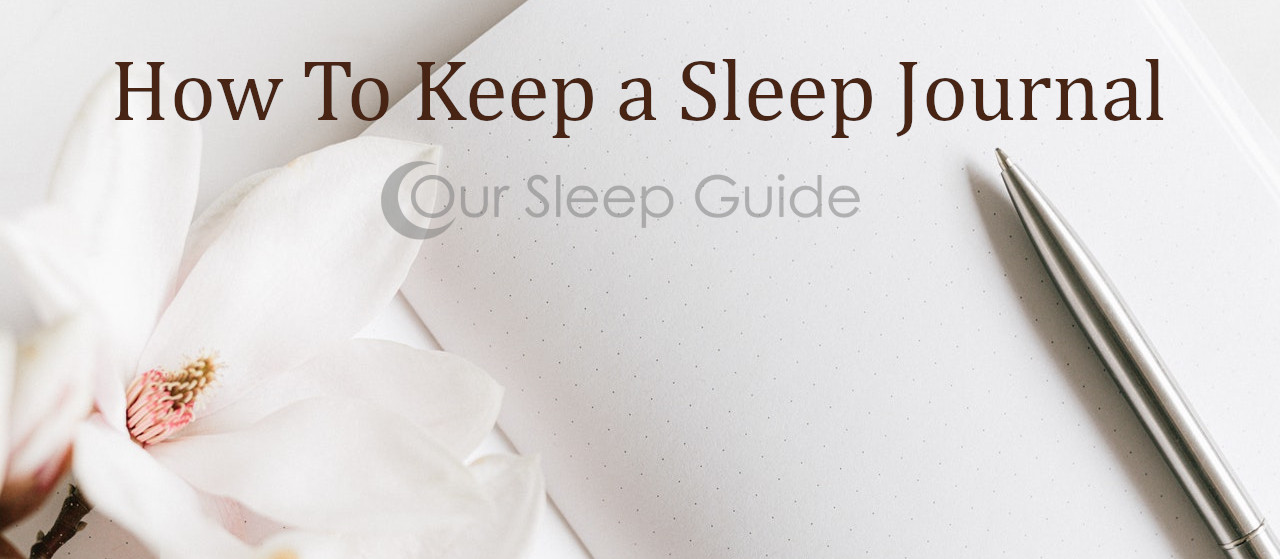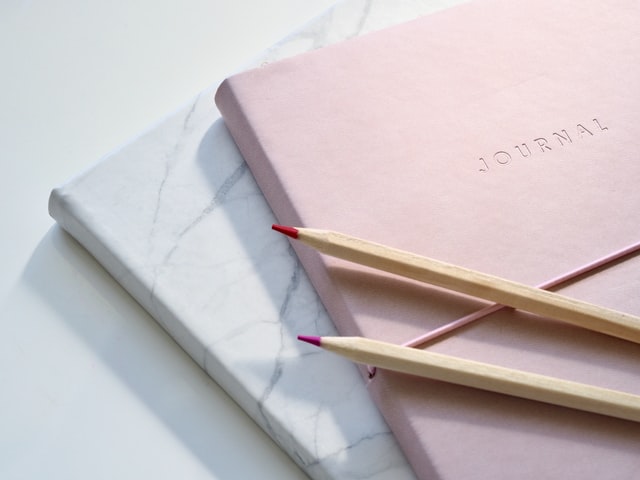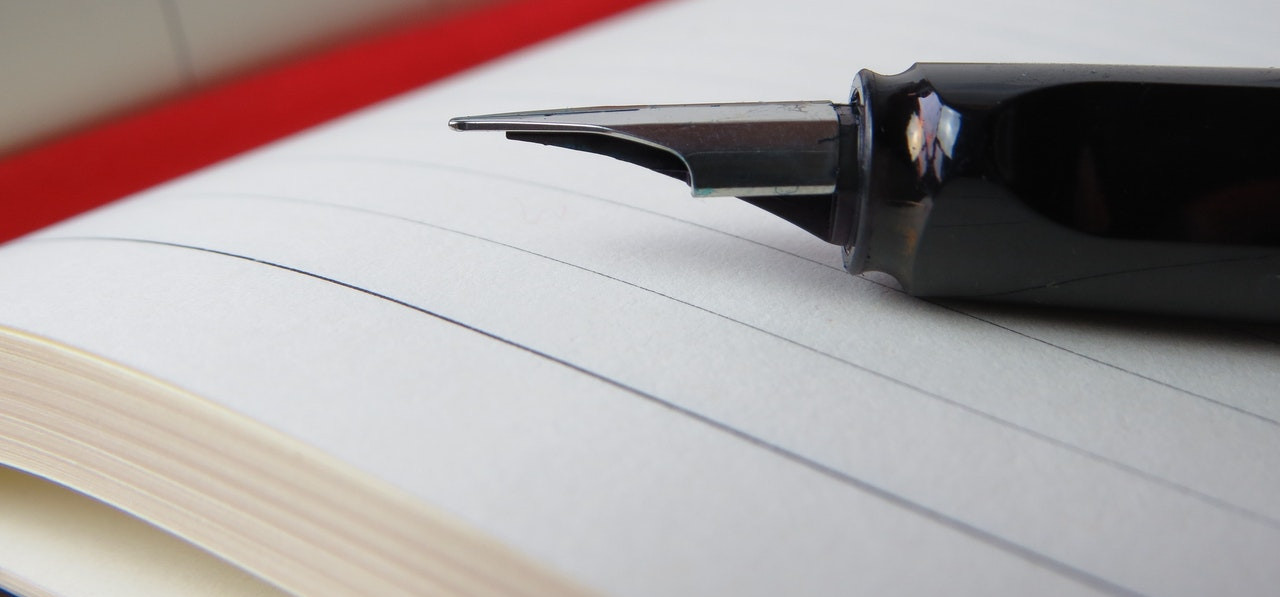Google Rating
5.0
Based on 364 reviews

Our Sleep Guide Online Mattress Showroom Houston
5.0
Courtney Dawn
1714160992
Niko was very helpful and patient, was able to answer all of our questions, and is a delight to work with. And he was able to offer an excellent discount for the mattress we wanted. Trying out the online mattresses was so helpful in being confident we made a choice that was right for us. You will be glad you worked with this company!
Laura Mason
1713210165
I was thrilled to find the store that had the online mattresses I had been resesarching. I couldn't pull the trigger without actually testing it out. They had a great selection of many that were well rated online. I could not find a hybrid model to test when I was calling around, but they had it!I ended up getting a better mattress at a better price than the one I thought I was going to get thanks to the fantastic customer service of Niko. Thank you!
Taylor Tokarz
1713129225
Jennifer was extremely helpful, knowledge, and warm; we quickly found (and bought) a mattress we love!
Mynor Ivan Arana
1713049681
Fantastic store and fantastic staff. Online manufacturers like nectar and others are hard to commit to without being able to try the mattress out. Glad I found this place with an assortment of online brands and I got to try all of them out and take one home the same day without waiting for shipping. I was glad I got to see all the major online brands side by side and confirm their product. They even beat the online discounted pricing!!!! 10/10.
Julio Murillo
1713044285
Great place to purchase a mattress i love that they have a showroom and are able to test out the mattress. Nico was amazing.
Diana Rivas
1713044040
Visited this mattress store today and was blown away with prices and Nico’s expertise. Thank you so much I’m very satisfied with my purchase.
Joanne Gonzalez
1712852285
Helpful showroom manager. Discount was greater than if I ordered myself online. Nice to try the beds in person.
Jonathan Klinvex
1712520755
I worked with Tia and she was incredibly helpful. This is a great spot to test out all the internet, mattress-in-a-box brands. Definitely recommend coming here instead of doing hours of internet research.
Steven
1712187442
Came in for a Helix mattress and Tia was very helpful and knowledgeable about getting us our mattress that best suited my wife and IHighly recommend checking them out for mattress needs
Taryn Lachter
1712099760
I hate mattress shopping - I don’t know who likes it. And the whole idea of buying a giant king bed online without trying it freaks me out. But this store has literally all of them, all the popular ones that are super highly rated and we actually got to try them! Jennifer was super helpful and understood what we needed and directed us to THE most comfy bed either of us have ever slept on. Easy sales experience, super nice bed, clean store. Least painful mattress buying experience of my life!
Brandon Law
1712082560
A must visit on your next buying adventure! I always wondered, what if I could try all those beds in a box that I get targeted ads for. Well, now you can!Jennifer was great and very patient as we tried each and every one. Much better deals than purchasing direct!
Chris Sowa
1711302886
I recently visited Our Sleep Guide Austin and had the pleasure of being assisted by Jennifer. Her knowledge and expertise made my shopping experience exceptional. She took the time to understand my needs and preferences, ultimately helping me find the perfect bed. Her friendly demeanor and professionalism truly stood out. I highly recommend stopping in to find the perfect bed!
Anthony Young
1711219462
Great experience! Niko Blair did an amazing job showing us all 6 mattresses on our hit list and even brought out a mattress from the back for us to try as well. Will definitely return for future needs.
Jay
1710185285
I love this place wanted to get mattress that most places don't cary cuz they have it online and I got try it out it felt good so I made the purchase!!! Ready to get my bed just waiting on the delivery!!!Everything was very easy to get ordered!!! Big thanks to Niko for helping me through the process!!!
Stacy Johnson
1709418846
Jen was awesome and so informative. Didn’t feel like a typical mattress store. So excited for our new bed! Thank yall!!!
Kurt Nelson
1708970432
Update: Our Helix Sunset Luxe arrived 2/24 on time and with no damage. In fact, the driver helped me bring the mattress into the house. We picked up the adjustable bed frame. The frame (though heavy) was easy to put together and get set up. We put the mattress on the frame, unrolled the plastic wrap and allowed the mattress to breathe and fully expand. A few hours later, we put on the bedding and tried everything out. The setup is super comfortable and a dramatic improvement over our old mattress. A great all around experience.Original review: What a great concept of a store that more people need to know about. This shop displays and sells mattresses made by the online retailers like Helix, Avocado, etc. But, you don’t need buy blindly online and do the 100 night trial because the mattresses are there to see and try out. Very convenient and smart. When ordering, the mattresses come directly from the online retailer just as if you ordered online. Our Sleep Guide gives the same (and sometimes better) pricing of the online retailer. However, the best part of the process is Justin, Jennifer and Tia. Very professional, superb product knowledge and not pushy at all. In fact, with Jennifer’s guidance, we avoided making the wrong purchase for my son’s mattress. I have no affiliation with this company. Just a 100% satisfied customer.
Trudy Richards
1708378030
A great place to try out so many online mattress options before purchase! Plus Tia was helpful without being overbearing. Highly recommended!
Alana Phillips Fry
1708369967
Stopped in today to try out a few mattresses. The showroom had several brands and selections. Tia was so kind and helped us narrow down our decision. I highly recommend this location.
River Phillips
1708368472
Tia and Justin were wonderful representatives to help us decide on the perfect mattress. Would highly recommend for anyone interested in popular online mattress brands!
Alyssa Borowy
1708363473
Great customer service, store is nice and clean. My husband and I had a great experience and love our mattress!
Jeff Gordon
1708291242
Tia was very helpful and knowledgeable without being pushy. Great experience. Highly recommend.
Jennifer Allen
1708196046
Have had such a great experience here with Jennifer. I came in looking for a different mattress and she helped me find a better mattress!
Javier Longoria
1708110219
They have a good selection of online mattresses to try, Niko was great, answered all my questions about the differences between the brands/materials used.
Rory Callahan
1707684537
We came in here to find our mattress and had a very pleasant time. Jennifer answered all of our questions and was incredibly helpful, kind, and patient. She’s great!
Phoebe Belser
1707680431
Niko was the best & so helpful! We got the helix midnight luxe for several hundred dollars cheaper than it would’ve been on the helix website & we were able to bring it home with us. Would definitely recommend.
E H
1707522419
This place is awesome. Jennifer was so helpful and we walked away with exactly what we needed. Trying it out before buying saved us a huge headache. The mattresses are very different from what you read about them online! So go wear your pj's in and take a test nap!!
Ruta Venclauskas
1707078669
Extremely friendly, knowledgeable and helpful to my elderly parents. Took lots of time with them and gave them space to discuss.
Clifford LeJeune
1707074987
We went into the showroom with my brother and sister-in-law when we met Niko. He was chill and didn't push products, which is so nice when purchasing a long-term product. He was knowledgeable about the mattresses, bases, mattress pads, pillows, and sheets. I was able to verify his talking point with research that my brother had completed as well as my knowledge from being a former product trainer at Bed, Bath & Beyond in college.The prices were reasonable and offered better prices on some brands if you waived the 100-night product guarantee.If you're in the market for a great night's rest, shop local and check this place out!
Torriel Caballero
1706974045
I recently purchased a king-size mattress from “Our Sleep Guide” mattress store and the experience exceeded my expectations. What sets this store apart is its unique approach—displaying mattresses exclusively available online, allowing us to thoroughly research and choose the perfect mattress at our own pace. The staff was incredibly knowledgeable and accommodating, offering valuable insights without any sales pressure. The variety and quality of mattresses showcased provided us with a wide range of options to suit our preferences. The purchasing process was seamless, and the delivery was prompt. Overall, our experience with this mattress store was exceptional, and we are now enjoying restful nights on our comfortable and carefully chosen mattress. Highly recommend this store for a hassle-free and personalized mattress shopping experience!
Collin Conrad
1706908166
Had a great experience with the store! Very helpful and walked away confident we got the best mattress for us. Niko and Chase were very knowledgable and kind.
Xiaolian Bi
1706667019
We shopped at the store last week - they carry many online only mattresses that have very good reviews, so it's great to have a physical store where you can try out those mattresses. Jennifer was very helpful and knowledgeable. We definitely recommend the store. Oh, i should also mention that the store gives additional discount, which is nice!
T Stevenson
1706563540
Tia and Jen were very helpful, informative, and patient as I bounced back and forth in the decision to move forward with my mattress purchase. They helped me narrow it down tremendously and I’ve had a great experience thus far!
john campbell
1706561693
We had an outstanding shopping experience at Our Sleep Guide Mattress Showroom. Tia, the showroom manager, is extremely knowledgeable about each of the lines they sell and really listens to what you are actually looking for. We started the day looking at a Mattress Firm showroom in response to their advertising a big sale and were so put off when it turns out only one mattress line is on sale. The Tempurpedic we looked at was $4100, which is a lot for pensioners to pay! Tia showed us several options that for us were a close match to our Tempurpedic target, and the one we selected was less than HALF the price. It is wonderful to actually try the mattresses you find available only on-line before committing to the purchase. I say awesome concept with extremely helpful folks behind the concept!
Tim B
1706377733
We stopped by to check out the Helix mattresses in person. Niko was super helpful and knowledgeable. We had all of our questions answered and made a purchase in store. The whole process was quick and easy and couldn’t recommend this store more highly (especially relative to other mattress stores in Houston).
Chris Province
1706036911
Great to be able to try all the mattresses you’ve read about online and not have to sort through all the reviews.
Stephane van het Slot
1705743526
I wanted to buy a mattress I found online and I discovered this place where I could test it. They had a large selection and friendly staff. There was a promotional offer on the vendor's website and they went above & beyond to price match! I'm happy about my purchase and look forward to delivery!
Martha Briseno
1705260607
We had an amazing experience with Niko. Very informative throughout the process and no pressure to buy anything. If you’re looking for a knowledgeable person who will have the customers best interest in mind you should check this place out and ask for Niko. This is the best place to test out any online mattresses you were interested in.
Amelia Burke
1705176696
Jennifer helped us pick the perfect mattress! It was the easiest experience, and she gave us the best feedback and advice in finding the perfect fit.
Miranda Wilhite
1704578945
Niko was great and a huge help with picking out our new mattress! Definitely recommend 👍🏼
Nabil Ali
1704301642
Niko was amazing and gave us the best deal on a Leesa mattress! After having a negative experience at Mattress Firm, our experience at Our Sleep Guide was exponentially better. They had all the top online mattresses in store for you to try plus they offer a greater discount than what the retailer is offering online. It’s a win / win!
Iris Amarante
1703278287
My name is Jessica Amarante and I just came to the showroom in Houston Texas. Chase was very helpful with providing information on the mattresses in the showroom. I was able to lay on the bed and ended up buying a different mattress then what I actually was interested in. The mattress I choose was even better then the one I saw online. I left the store very excited! I can’t wait until my mattress gets delivered! If you need a new mattress please come to Our Sleep Guide…. Chase will definitely help you!
Maria Amarante
1703278008
Chase was amazing! Very educated about the differences of mattresses which made me feel confident about my purchase. Trust me; when buying something you will use everyday you need it to be GREAT, no time for shortcuts when it comes to quality sleep!
Cortni Randazzo
1702845303
This place is amazing! They have all the beds and pillows from all the online stores for you to try. They also have ways for you to save money that you can’t utilize on the websites. And if there is a deal on the website you hey have the same deal in the store. Nico was so incredibly helpful, and made the process so much less stressful. I cannot recommend this place enough. Go here, you won’t regret it!!
Visit or Call Our Sleep Guide Texas Showrooms
Our Texas Showrooms Are Here To Help With All Your Favorite Online Brands! And We Offer Exclusive Coupons To Save More!
Learn More
 It might be a little obvious, but to start it is important to keep track of your sleep and sleep patterns. Including the amount of sleep you are getting as well as your bedtime and wakeup time.
It might be a little obvious, but to start it is important to keep track of your sleep and sleep patterns. Including the amount of sleep you are getting as well as your bedtime and wakeup time. When you exercise on a regular basis, it can be really helpful for your overall sleep quality and quantity. However, if you are working very late at night or drinking an excess of pre workout stimulants, it could be disrupting or delaying your sleep. Either way, it is good to track when you are working out and when you are not in order to see how your exercising habits could be potentially benefiting or delaying your sleep.
When you exercise on a regular basis, it can be really helpful for your overall sleep quality and quantity. However, if you are working very late at night or drinking an excess of pre workout stimulants, it could be disrupting or delaying your sleep. Either way, it is good to track when you are working out and when you are not in order to see how your exercising habits could be potentially benefiting or delaying your sleep. The food you fuel your body with can greatly impact your sleep. Diet changes can give you more energy or less throughout the day. Significant weight gain or loss can also change how you sleep as well. Even food allergies can cause digestive distress and make it difficult to sleep well throughout the night.
The food you fuel your body with can greatly impact your sleep. Diet changes can give you more energy or less throughout the day. Significant weight gain or loss can also change how you sleep as well. Even food allergies can cause digestive distress and make it difficult to sleep well throughout the night. In this section take note of your alcohol consumption. While many believe an alcoholic beverage or two can help you sleep, it can potentially leave you feeling more tired the next day.
In this section take note of your alcohol consumption. While many believe an alcoholic beverage or two can help you sleep, it can potentially leave you feeling more tired the next day. In this part of the sleep journal, document how much caffeine you are drinking per day and at what time.
In this part of the sleep journal, document how much caffeine you are drinking per day and at what time. Proper hydration is vital for great sleep and energy. In this section we recommend tracking your hydration throughout the day. How much water you had throughout the day.
Proper hydration is vital for great sleep and energy. In this section we recommend tracking your hydration throughout the day. How much water you had throughout the day. This is the section to take note on how your energy levels were throughout the day. Perhaps you woke up groggy but felt great throughout the rest of the day. Or maybe you had a bigger slump during midday than usual.
This is the section to take note on how your energy levels were throughout the day. Perhaps you woke up groggy but felt great throughout the rest of the day. Or maybe you had a bigger slump during midday than usual. This section is dedication to tracking your medications and vitamin intake. Different prescriptions and even vitamins can really have a huge impact on your sleeping habits.
This section is dedication to tracking your medications and vitamin intake. Different prescriptions and even vitamins can really have a huge impact on your sleeping habits. Take a bath? Watch TV? Listen to a Podcast? Write down what you did during the few hours right before heading off to sleep. Your bedtime routine is important for great sleep. This is because our circadian rhythm works best with routine, as the sun goes down and we prepare for sleep, our circadian rhythm sends out signals and hormones to put us to sleep.
Take a bath? Watch TV? Listen to a Podcast? Write down what you did during the few hours right before heading off to sleep. Your bedtime routine is important for great sleep. This is because our circadian rhythm works best with routine, as the sun goes down and we prepare for sleep, our circadian rhythm sends out signals and hormones to put us to sleep. Write in this section when you first get up in the morning. Write out if you had trouble falling asleep, or trouble staying asleep. Wright down how much energy you woke up with. Whether or not you woke up feeling well rested or groggy. If you woke up with a headache or not. etc. If you want to make it easier on yourself, or if you have little time in the mornings. Make a key for yourself and use that key as a way of saying how well you slept, few our key example below.
Write in this section when you first get up in the morning. Write out if you had trouble falling asleep, or trouble staying asleep. Wright down how much energy you woke up with. Whether or not you woke up feeling well rested or groggy. If you woke up with a headache or not. etc. If you want to make it easier on yourself, or if you have little time in the mornings. Make a key for yourself and use that key as a way of saying how well you slept, few our key example below. This is an optional section, although it can be helpful in determining sleep quality. Writing out whether or not you had dreams throughout the night can help you get a good idea on whether or not you experienced REM sleep. Although the lack of dreams or remembering them is often not a sign that you have not experienced REM sleep, as we often forget most of our dreams before we wake up.
This is an optional section, although it can be helpful in determining sleep quality. Writing out whether or not you had dreams throughout the night can help you get a good idea on whether or not you experienced REM sleep. Although the lack of dreams or remembering them is often not a sign that you have not experienced REM sleep, as we often forget most of our dreams before we wake up. Sleep: Bedtime, Wake Time, Waking Up, Total Hours of Sleep
Sleep: Bedtime, Wake Time, Waking Up, Total Hours of Sleep In our opinion, one of the best ways to stay consistent with your sleep journal is to keep it on hand. Whenever you are creating a new habit, making it as easy and convenient as possible is always a great help. Since you would be writing in your journal right before bed and as soon as you wake up in the morning.
In our opinion, one of the best ways to stay consistent with your sleep journal is to keep it on hand. Whenever you are creating a new habit, making it as easy and convenient as possible is always a great help. Since you would be writing in your journal right before bed and as soon as you wake up in the morning. These small daily details in life can become quite difficult to remember as time goes by. While you may think there is not way you would forget what you had to eat for lunch on Monday, and how tired you felt in the afternoon… You will.
These small daily details in life can become quite difficult to remember as time goes by. While you may think there is not way you would forget what you had to eat for lunch on Monday, and how tired you felt in the afternoon… You will.